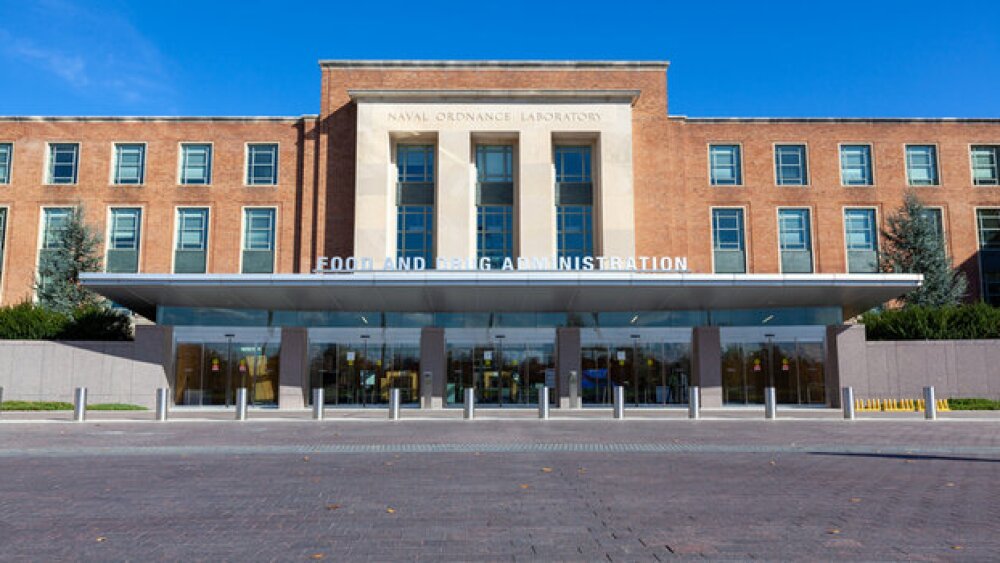In a bid to improve competition in the industry, the U.S. Federal Trade Commission is challenging the patents of 20 different pharmaceutical products, disputing the accuracy and relevance of their patents.
The U.S. Federal Trade Commission on Tuesday sent warning letters to 10 pharmaceutical companies, challenging patents for several drugs including Novo Nordisk’s blockbuster diabetes treatment Ozempic (semaglutide) and GSK’s asthma inhaler Trelegy Ellipta (fluticasone, umeclidinium, vilanterol).
The FTC is challenging the patents of 20 different brand name products, claiming that their listings in the FDA’s Approved Drug Products with Therapeutic Equivalence Evaluations—more commonly known as the Orange Book—are improper or inaccurate.
“By filing bogus patent listings, pharma companies block competition and inflate the cost of prescription drugs, forcing Americans to pay sky-high prices for medicines they rely on,” FTC Chair Lina Khan said in a statement.
“By challenging junk patent filings, the FTC is fighting these illegal tactics and making sure that Americans can get timely access to innovative and affordable versions of the medicines they need,” Khan added.
In addition to Ozempic and Trelegy Ellipta, the FTC’s latest round of patent challenges also targets Novo’s Saxenda (liraglutide) and Victoza (liraglutide)—both indicated for type 2 diabetes—and Novartis’ inhaler products Seebri Breezhaler (glycopyrronium bromide) and Utibron Neohaler (indacaterol and glycopyrrolate), approved for chronic obstructive pulmonary disease.
The pharma companies now have 30 days to either withdraw or amend their disputed listings, or confirm “under penalty or perjury” that these patents indeed comply with the statutory and regulatory requirements.
A GSK spokesperson in a statement to Endpoints News said that the company is reviewing the FTC’s letter. GSK takes “the FTC’s views seriously; however, we will also do our own analysis as the law requires. Once complete, we will respond to the FDA and FTC.”
Meanwhile, a Boehringer Ingelheim spokesperson said that the pharma “has never wrongfully submitted patents for listing in the Orange Book.”
Tuesday’s warnings follow an initial salvo in November 2023, when the FTC challenged more than 100 patents by 10 pharma companies including AbbVie, AstraZeneca and subsidiaries of GSK and Teva Pharmaceuticals. At the time, the antitrust watchdog targeted a wide range of pharmaceutical products, including inhaler devices, multidose bottles and epinephrine autoinjectors.
Aside from the FTC, members of Congress have also started targeting the high cost of medication in the U.S., paying particular attention to Ozempic. Last week, Sen. Bernie Sanders (I-Vt.), chair of the Senate health committee, launched a probe into the ‘outrageously high prices’ of Ozempic, as well as its sister weight-loss therapy Wegovy (semaglutide).
Sanders in a letter to Novo CEO Lars Fruergaard Jørgensen asked for additional information regarding Ozempic and Wegovy, including revenue, prices paid by public and private payers, R&D spending and the pharma’s tactics to extend their exclusivity.
Tristan Manalac is an independent science writer based in Metro Manila, Philippines. Reach out to him on LinkedIn or email him at tristan@tristanmanalac.com or tristan.manalac@biospace.com.






